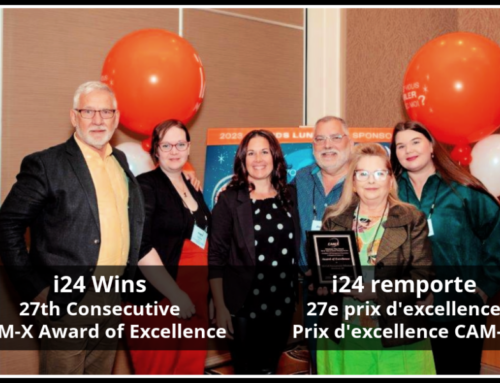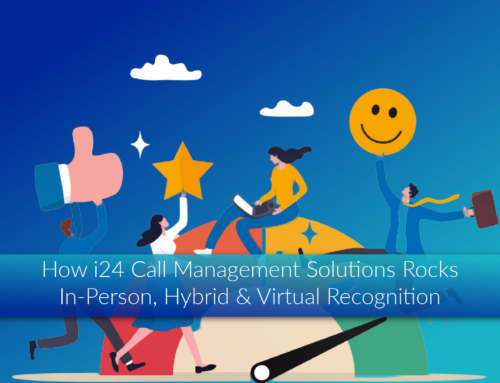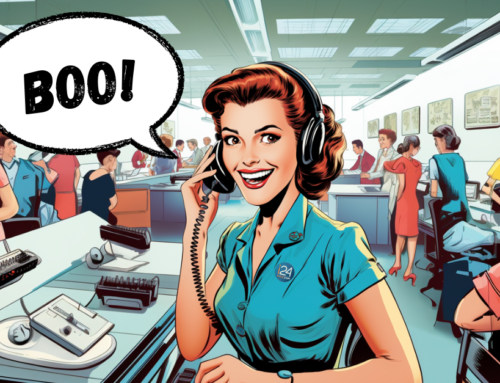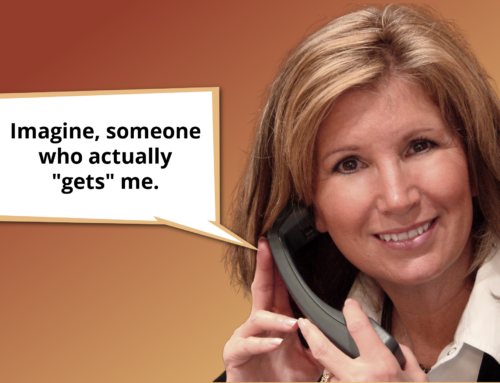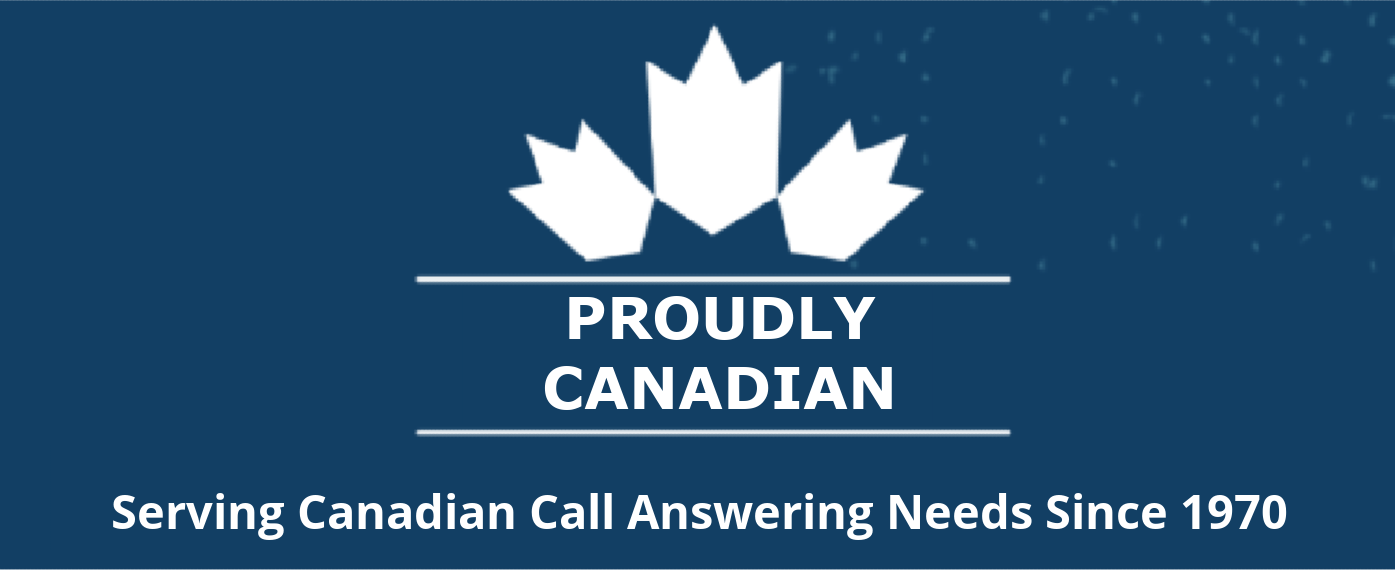How to Use Primal Human Emotions to Sell Better
You’d be surprised just how much of the buying process is due to subconscious psychological or emotional factors. This fact is likely to makes most business owners (and salespeople) uncomfortable, since we all want to think that closing a deal was due to our mastery of our craft, and nothing to do with basic human nature.
It’s true that logic and proper communication plays a big part in selling, but emotions play just as big a role (if not bigger). Essentially, selling your products or services often comes down to making an emotional connection. Just think of how the best salespeople wine and dine their clients, or how the best companies offer special perks and discounts to loyal customers. As blatant as these tactics might seem, they contribute to establishing and maintaining that connection, and play upon certain basic or “primal” human emotional needs that we all share.
How does one use primal human emotions to sell better?
Sell social status
It is a natural human drive to want to stand out in society – or at least among your peers. The easiest way to do that is through material possessions which are associated with a certain status or lifestyle. Is a Ferrari really worth the money that people pay for it? Not in terms of parts and craftsmanship, but Ferrari sells social status to its customers, as does Apple, Tesla and Dom Perignon, for example.
A few ways to use this social status desire to enhance sales include:
- Offer premium packages – the Amex black card, LinkedIn Premium, and Amazon Prime are just a few examples of premium services that have worked extremely well.
- Use elegant language – words like luxury, premium, high-quality, valuable, reward, and exclusive all appeal to our inner desires to have what others don’t.
- Let them show their friends or colleagues – ever wonder why the employee of the month gets their picture on the wall? The real reward is the recognition from the social group.
Use the fear of missing out
Humans have a natural fear of missing out. That is, we don’t want to be the only ones not participating in the awesome thing that everyone else is doing. The original Elvis’ Greatest Hits Album had the words “50 million Elvis fans can’t be wrong.” When this kind of sales pitch is given in advertising, it makes people think “everyone is doing it, so I should be too.” Here is how to use this idea to your advantage:
- Run scarce promotions – run promotions with a limited number and tell people how many are left. Hotel sites always tell people that there are only 2 rooms left at this price, or that the rate offer expires tomorrow. It works.
- Show social proof – show people how many followers you have on social media or how many people attended your last event. 10,000 attendees at your last conference can’t be wrong!
Empower people
People naturally desire to have some power in their lives, and one of the most sought-after forms in this day and age is personal empowerment. Consider the size of the self-help industry, or how the fitness industry uses images of personal power and perfection to sell memberships. You can use this to your advantage in your selling.
- Show them how you make their company better – by using statistics, past examples, or promises, you can tell your prospects how your products or services increase the power of their company.
- Use strong language – words like power, pride, prominence, or prestige go a long way in molding your image.
- Show them how you can help achieve goals – in line with the first suggestion, show your customers how you can help them achieve long term goals. That’s how the weight loss industry works. Show them how you can help them break records, increase their ROI, or expand into new niches.
The era of the hard sell is over, and its place in the modern business world is rapidly shrinking. In order to make sales in this competitive marketplace, you need to make an emotional connection. Using primal human emotions is a broad but effective strategy that can enhance any business interaction, whether it’s the sales team’s pitches or a call center’s virtual receptionist service.



